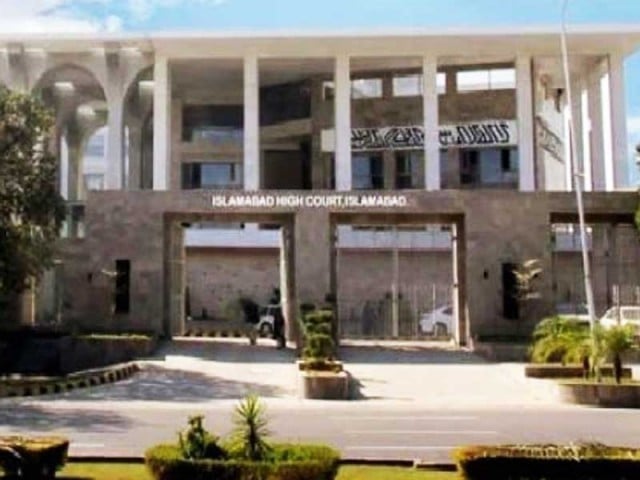
The capital's high court has declared Rule 265 of the Pakistan Prison Rules, 1978 ultra vires the Prison Act, 1894. The rule places a blanket ban on political discussions by the prisoners during their meetings with visitors.
A single-member bench of the Islamabad High Court (IHC) comprising Justice Sardar Ejaz Ishaq Khan issued this order while hearing a petition filed by PTI's Sher Afzal Marwat.
Marwat had approached the court after Adiala Jail authorities invoked Rule 265 apparently to stop PTI founder and former prime minister Imran Khan from meeting party leaders and lawyers.
While highlighting a prisoner's right to write a letter and meet with visitors once a week, the rule stated that "discussion of political matters shall not be allowed at these interviews.
"The subject matter of all letters shall be strictly limited to private affairs and shall not contain any reference to prison administration and discipline, other prisoners or politics," it said.
The IHC noted that Section 59 of the Prisons Act confers rules-making power on the provincial government, providing that "[T]he provincial government may make rules consistent with this act".
"However, no provision in the Prisons Act either prohibits political discussions between a prisoner and his visitors or that permits a blanket ban over any specific content of the conversation between a prisoner and his visitors or the letters written by a prisoner."
It said the only provision that can be relied on by the respondents is sub-section 9 of Section 59 that enables rules "generally for carrying into effect the purposes of this Act", but there is nothing in the act that can be cited to say that the purposes of the Act include stifling of political discussions and letters.
"This court has not been persuaded by the respondents that an implied power exists to ban political discussions, for such an implication must be rooted in some express provision of the Act regulating the content of communications and cannot be just plucked out of the Act that says nothing of the kind."






1730379446-0/WhatsApp-Image-2024-10-31-at-17-56-13-(1)1730379446-0-270x192.webp)











COMMENTS
Comments are moderated and generally will be posted if they are on-topic and not abusive.
For more information, please see our Comments FAQ